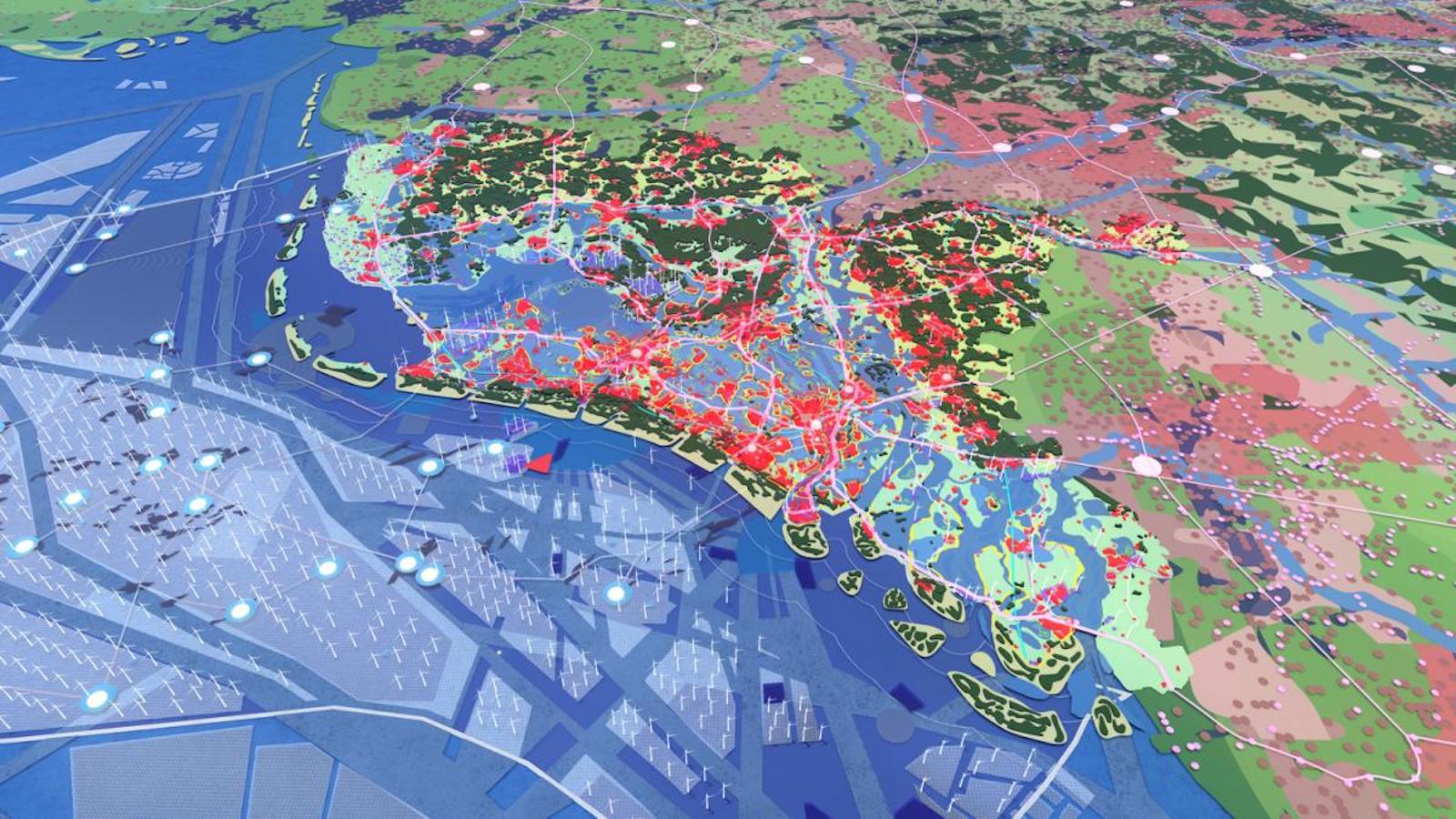To Expand a City, Make it Float

What’s the Latest Development?
A Dutch architectural firm is working to innovate floating infrastructure which could help cities expand beyond their coastal limitations, providing citizens with more space and helping cities run better. One product the company wants to introduce is a floating parking ramp, which could be parked along a city’s coast for a few years and then moved to a new location. The company is also designing floating roads, which could accommodate naturalists, who prefer not to pave over dynamic coastal areas, as well as motorists looking for a quicker, more scenic way around congested city centers.
What’s the Big Idea?
More than half of the world’s population currently lives in cities, and of those cities with populations of 1 million people or more, 89% are on a waterfront. Furthermore, rising waters due to climate change are expected to claim coastal areas away from growing cities. By 2020, researchers estimate there may be as many as 50 million environmental refugees. Floating infrastructure could help cities expand without sacrificing pedestrian spaces to land-intensive infrastructure like parking lots. The Dutch firm is also working on a sandy floating beach for coastal areas without natural beaches.
Photo credit: shutterstock.com




